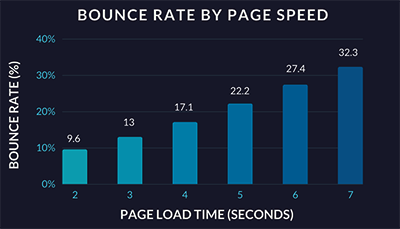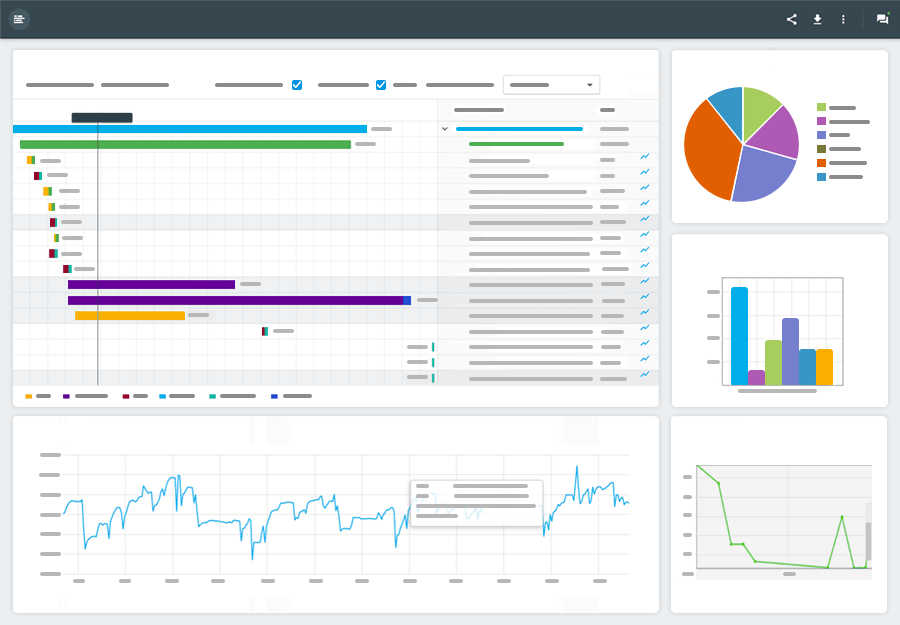Improve Website Speed for Better SEO
Google’s search algorithms are all about giving the people what they want. What the people don’t want is to wait for your website to load. That’s why Google takes website speed into consideration when deciding how high to rank your website.
There are plenty of things that can improve website speed under your control. Improving your website speed will improve customer experience, which will improve your search ranking and in turn, your SEO.
Load testing is meant to discover how your website can handle heavy traffic. But that’s not all it can tell you. Whether you use open source software like Apache JMeter or a premium solution like LoadView, your load testing results should show you where the slowdowns occur.
Start with those pages when looking for ways to improve your website speed.

Use Images Thoughtfully
A picture may be worth a thousand words, but they load more slowly than text. Sometimes the delay is absolutely worth it. Your customers aren’t going to buy products without seeing what they look like.
But other images may be completely unnecessary. Look for images that could be replaced with text. Sure, you used an image for a section heading so you could control how it looks. Use CSS instead and your page will load more quickly.
Make sure the images you decide to keep are the right size before you upload them. Your HTML can dictate the size the picture should be when the page is displayed. But shrinking down a photo takes time when someone loads that page. Use editing software to shrink down images before loading into your website in order to skip that step and improve website speed.
Use our free tool and see what images (or other elements) are heavy and loading down your website by looking at the generated waterfall chart.
Do You Really Need That PlugIn?
When you need to add functionality to your site, using a plugin is faster than coding from scratch – but only during the development phase. Each plugin has to load separately, which can slow down load times significantly.
Decide if you actually need the functionality provided by each plugin. You may find that you can delete some of them entirely. Others may need to be replaced with code. The increased website speed (and improved SEO) is worth the expense.
Clean Up Your Language
Your programmers know to keep their code straightforward so that it will load quickly. But you probably have someone plugging text into your site who doesn’t know a thing about code.
When you copy and paste text from a word processing program, it contains a lot of markup language that the user may not know is there. Just like HTML, that markup language contains formatting information that only gets in the way on the web. Every time a page is loaded, the web browser has to sift through all the code – even the stuff that doesn’t belong there.
Teach users to copy and paste text into a text editing program to strip out the formatting codes. Then they should copy that text to paste into your CMS (Content Management System).
Control What You Can
If a visitor has a slow internet connection, there’s nothing you can do about that. But if you optimize your website for speed, then even users with lousy connections will see an improvement. More importantly, search engines will see an improvement and rank your site accordingly.
Automate Website Speed Testing For 30 Days


